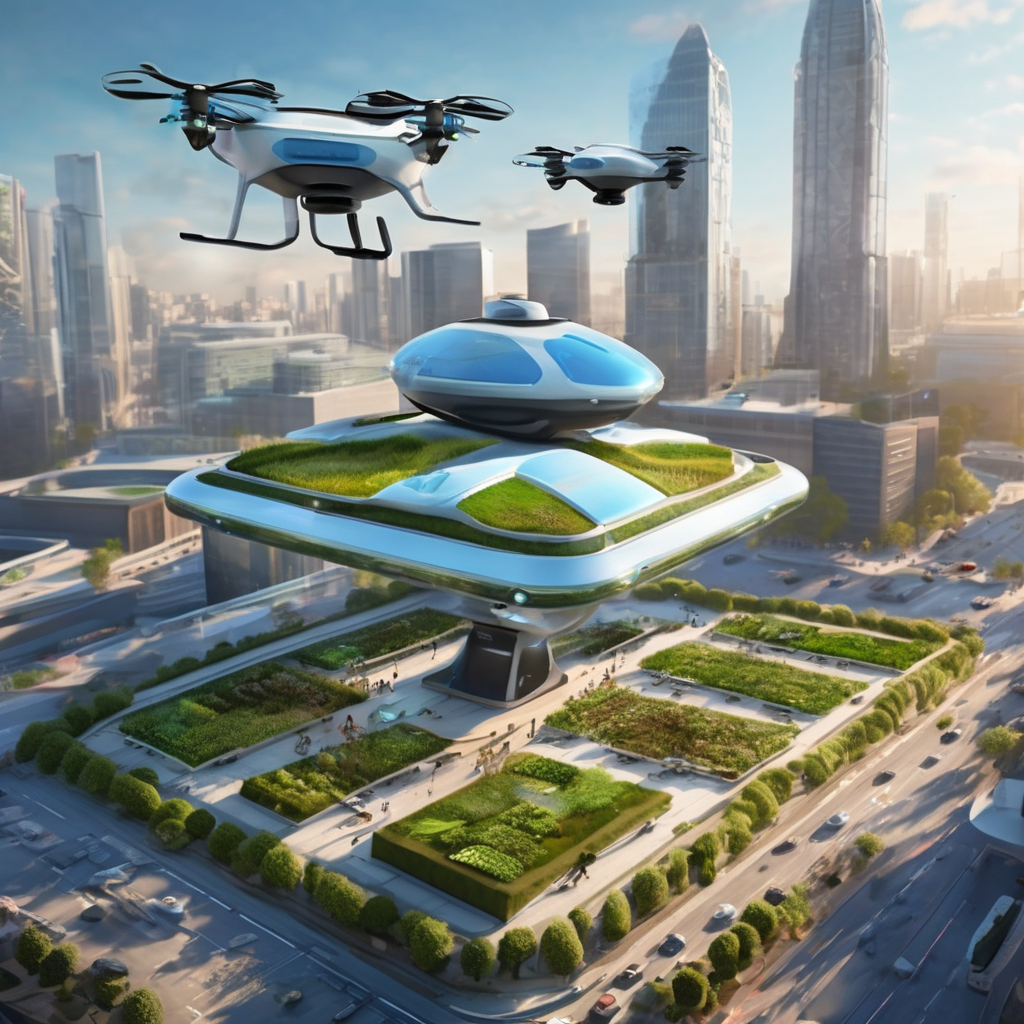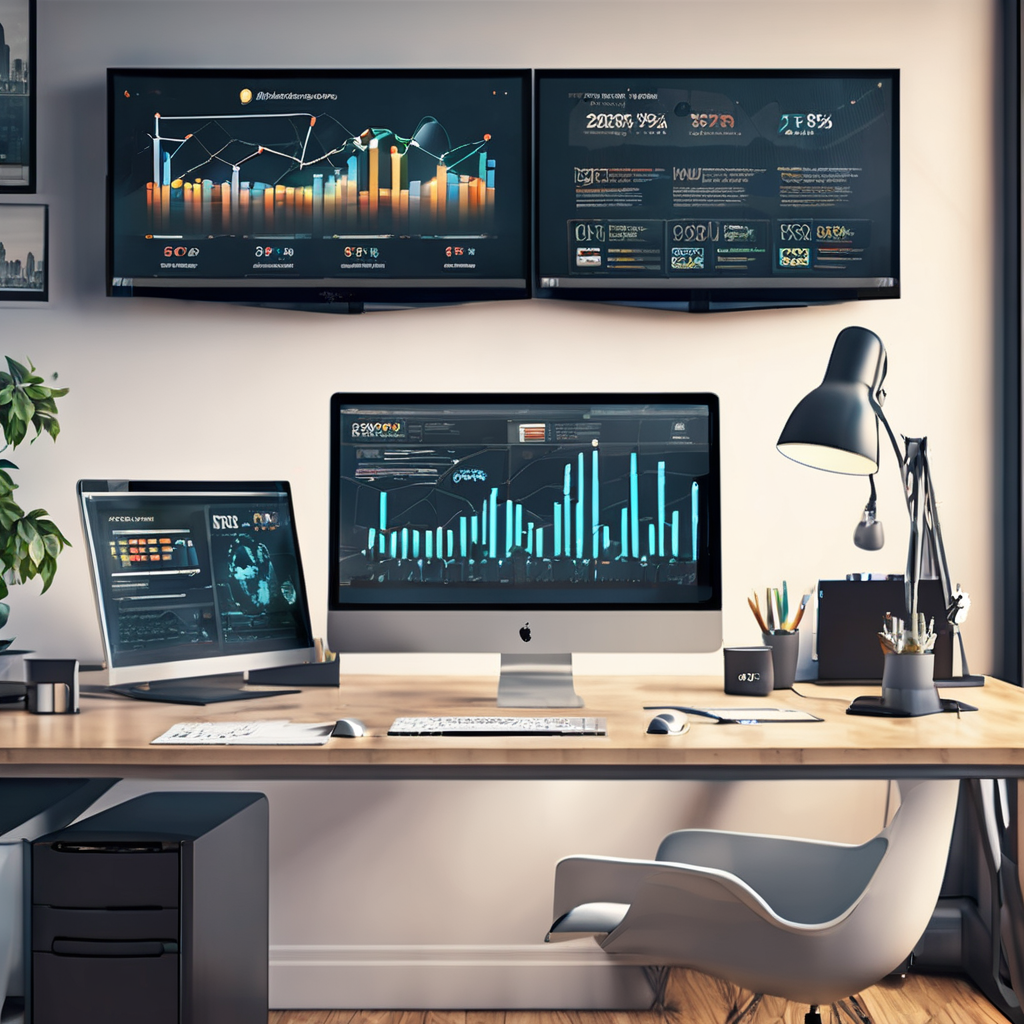
Max Chan recognized the significance of generative AI soon after the emergence of ChatGPT in November 2022. He understood that the capabilities of generative AI, utilizing large language models (LLMs) to process copious amounts of data, had the potential to revolutionize various industries, surpassing earlier technologies in terms of speed, accuracy, and thoroughness. This would result in substantial productivity gains and could significantly impact businesses. Chan, the CIO of Avnet, acknowledged the inevitability of employees resorting to generative AI if proactive measures were not taken. He emphasized the importance of partnering with employees to ensure transparency and avoid the misuse of generative AI technology. The risks associated with unauthorized usage of generative AI became apparent in April 2023 when Samsung experienced a data breach due to employees unintentionally leaking sensitive internal information to ChatGPT. This incident heightened the awareness of IT leaders, prompting them to take preemptive action against the rise of shadow AI within their organizations. Recognizing the gravity of the situation, Chan adopted a dual-track strategy. He aimed to restrict the use of generative AI through stringent policies while simultaneously developing and piloting approved and secure applications. Chan explained that individuals interested in utilizing generative AI would need to submit a request, which would then be reviewed. If approved, a minimum viable product (MVP) would be collaboratively created, potentially evolving into a proof-of-concept (POC) and, with the assistance of strategic partners, a production implementation. These early applications are nearing completion, with Chan expecting a couple to be in production by the year-end. Other CIOs have adopted similar approaches, exercising cautious interest in generative AI.
Robert Pick, the executive vice president and CIO for Tokio Marine North America, encouraged employees to experiment with generative AI under close monitoring. Pick emphasized the importance of data security and stated that the insurance company was comfortable with the idea of data being processed externally, similar to web-based tools like Adobe Acrobat. Gartner predicted that despite efforts to prevent unsanctioned usage, 5% of employees would engage in unauthorized generative AI use by 2026. CIOs realized that embracing and guiding the usage of generative AI was necessary to retain control over this transformative technology. Parsons Corp. , a global solutions provider, utilized a hackathon to identify security risks related to generative AI, leading to continued monitoring and education for employees. TMG, a global insurer, focused on educating employees about best practices and tools to protect the company while harnessing the potential of generative AI. TMG explored various use cases, including drafting letters, marketing content, and reports on market conditions, to improve productivity and provide deeper insights. They also highlighted the potential of generative AI in application development, significantly enhancing developer efficiency. Generative AI, according to Chan and Pick, enhances productivity without replacing human workers. It allows employees to focus on higher-order tasks and contributes to more efficient resource allocation. Despite the challenges of controlling generative AI, CIOs are embracing its potential and developing clear policies to ensure safe and innovative usage within their organizations. These policies involve defining approved applications and datasets accessible to employees while prohibiting activities that jeopardize data security. The implementation of generative AI requires a comprehensive understanding of the controls and unintended risks associated with AI tools. Overall, the consensus among industry experts and IT leaders is that generative AI possesses significant value and should be embraced with caution and appropriate safeguards in place.
None


An AI company has made a landmark advancement in last-mile delivery by beginning to deploy autonomous delivery drones in select urban areas, marking a major integration of artificial intelligence into everyday logistics and supply chain operations.

Dallas-based KISS PR has unveiled a detailed guide illustrating how artificial intelligence is reshaping SEO strategies in 2025, emphasizing the integration of strategic press release distribution to secure first-page Google rankings.

Dell reported its fiscal third-quarter earnings on Tuesday, revealing revenue that fell short of Wall Street’s expectations, but it projected a stronger-than-anticipated fourth quarter fueled by increased AI sales.

MarketOwl, a leading social media marketing management platform, has introduced an innovative feature exclusively for its AI SMM Manager subscribers that revolutionizes visual content creation.

Market intelligence is undergoing a fundamental transformation fueled by data science and AI, enabling companies to gain predictive advantages within their industries.

As remote work becomes a fundamental part of the modern workplace, the demand for advanced video conferencing tools has surged, with artificial intelligence (AI) playing a crucial role in enhancing these platforms.

The Accelerated Transition to AI-Enhanced Video Conferencing in Remote Work Settings The widespread move toward remote work has greatly increased reliance on video conferencing platforms, driving rapid innovation in integrating artificial intelligence (AI) to enhance virtual collaboration
Launch your AI-powered team to automate Marketing, Sales & Growth

and get clients on autopilot — from social media and search engines. No ads needed
Begin getting your first leads today